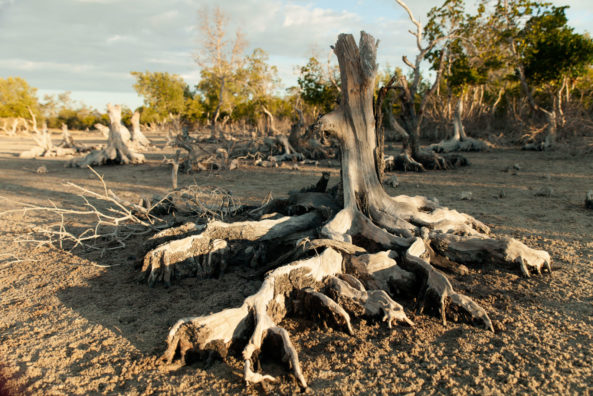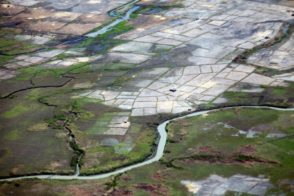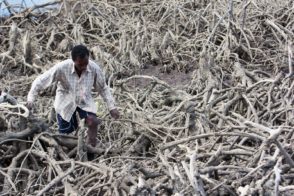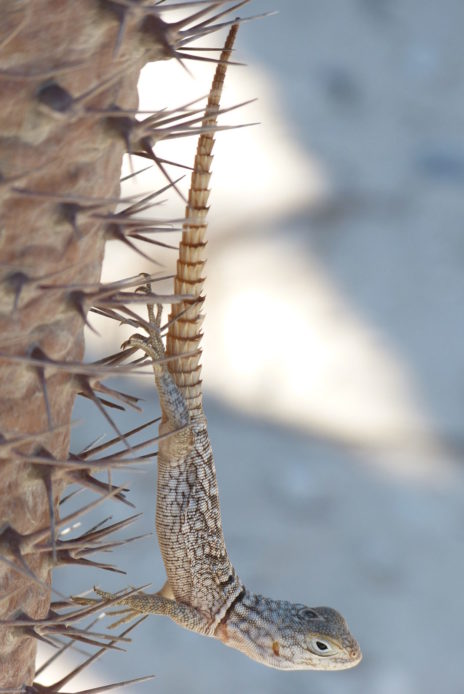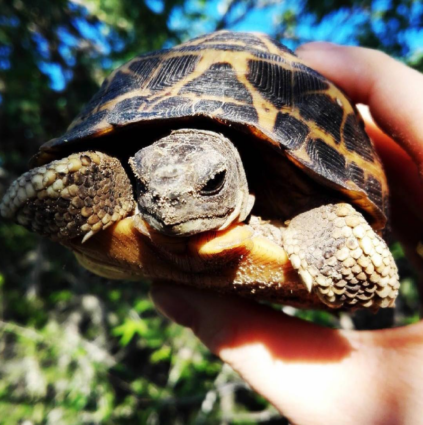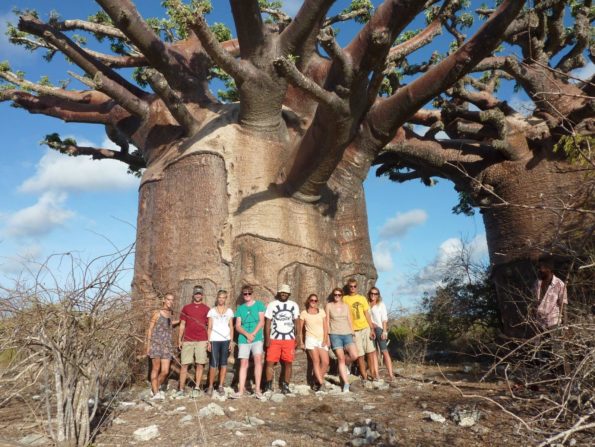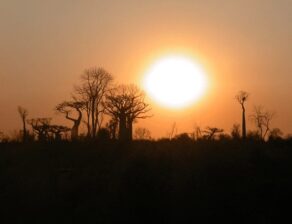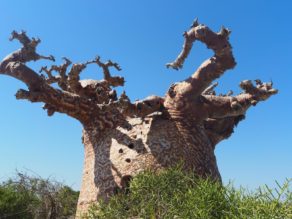Welcome to the first instalment in our new blog series Amazing Places! In this series we’ll be visiting the countries that Blue Ventures is fortunate enough to work in, and celebrating the natural and cultural wonders that these places have to offer.
In this blog we head to Madagascar, and take a look at some of the fascinating endemic wildlife that can be found there…
Madagascar has been an isolated island for about 70 million years, and this has led to the evolution of unique wildlife – endemic species that are found nowhere else in the world.
New research has recently shown that lemurs are regularly found in Madagascar’s mangrove forests! See more of Louise Jasper’s wonderful photos here.
The most well-known of these endemic species are, of course, the lemurs.
There are over 100 species of lemur, all of which are found only in Madagascar! They range from the ring-tailed lemurs (made famous by their singing and dancing Dreamworks representation) to the acrobatic sifakas, who leap dramatically from tree to tree, to Madame Berthe’s mouse lemur which is the smallest primate in the world and only weighs 30 grams. Just to put that in perspective, an “AA” size battery weighs 24g!
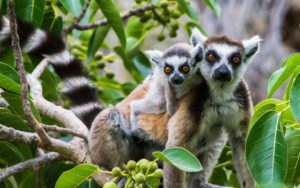
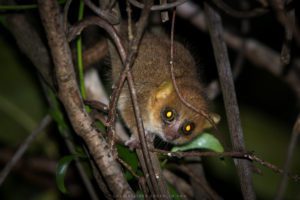
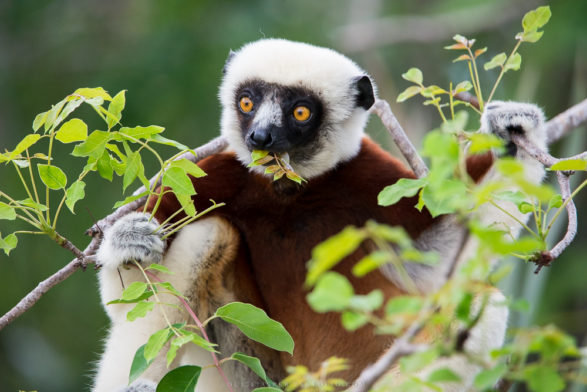
Lemurs belong to a group of primates called the prosimians, a word which means “before monkeys”. This is because they used to be globally widespread before the evolution of monkey species, who then drove most prosimians to extinction, but not the lemurs on Madagascar as they were protected by the island’s isolation.
In 2014 the IUCN classified 24 lemur species as critically endangered, 49 as endangered, and 20 as vulnerable. Lemurs live in a variety of habitats, ranging from the deciduous forests to the mangroves, but this high proportion of endangered lemur species is thought to be due to the degradation of their habitats through deforestation.
Another fascinating endemic mammal is the fossa, which actually hunts lemurs!
It’s an extremely shy species, and rarely seen, but it looks a lot like a cat (despite actually being more closely related to the mongoose). Using its extremely long tail for balance, it stalks its prey in the canopies of Madagascar’s forests.
It’s not just amazing mammals either! 90% of the reptile species in Madagascar are endemic, including geckos, tortoises, and ⅔ of the world’s chameleon species! These impressive lizards have managed to adapt to an ecological niche in almost every habitat. There are also over 100 endemic bird species, and a huge proportion of unique amphibian and freshwater fish species too.
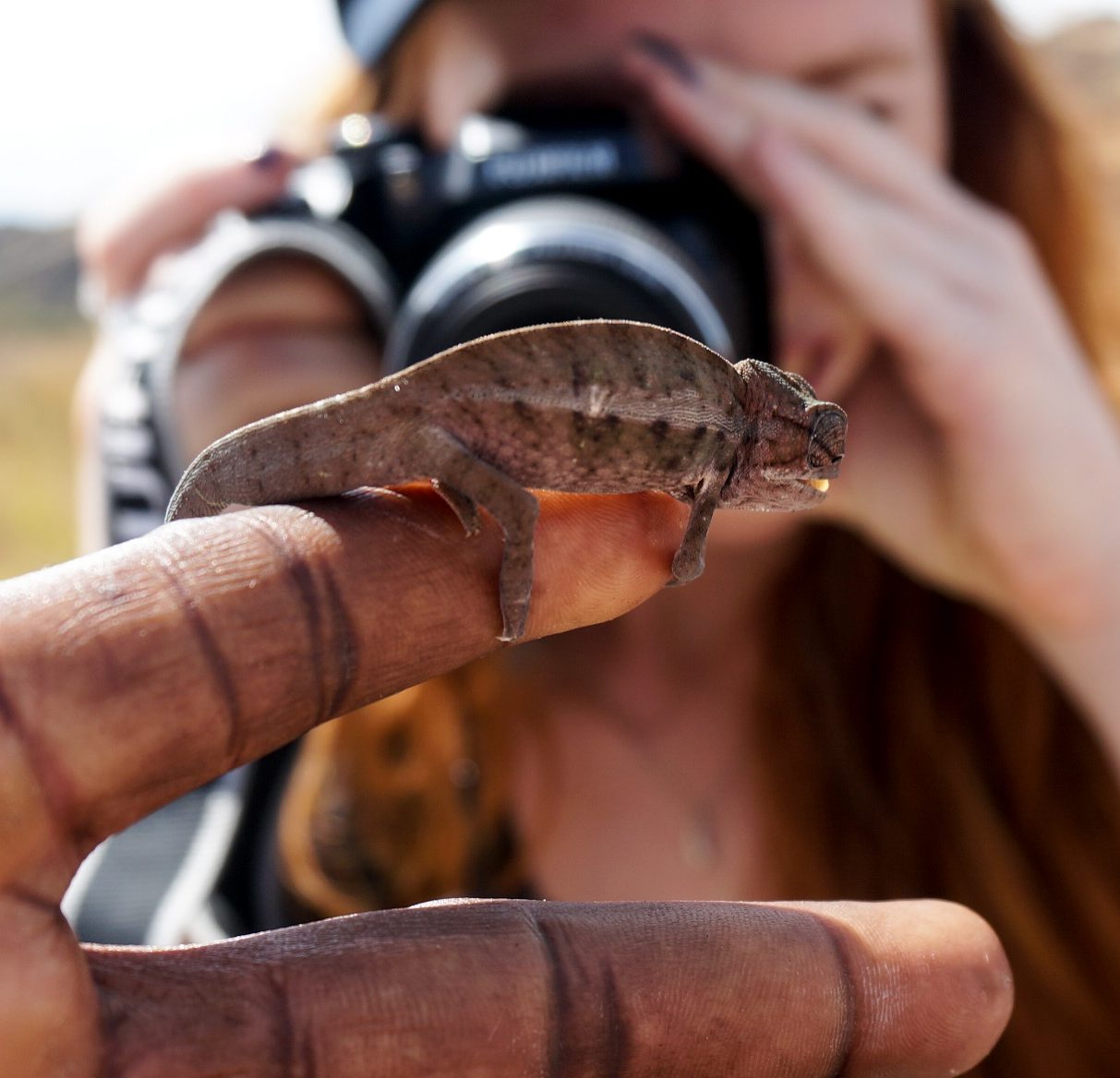
Some of the chameleon species have evolved to be tiny!
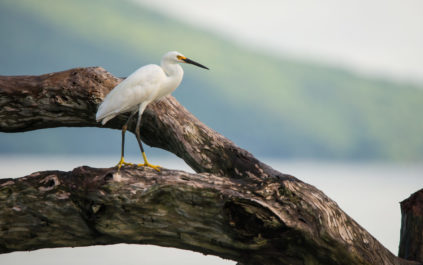
Madagascar is definitely the motherland of baobabs. There are 8 species worldwide, 6 are endemic, and the other 2 originated in Madagascar before floating to foreign shores.
As for flora, more than 80% of Madagascar’s 15,000 plant species are endemic, the most well known being the glorious baobab tree.
The reason for the extraordinary trunk girth in baobabs is so that they can survive in a hot and dry environment. The giant trunks are capable of storing water very efficiently like a giant sponge! The growth rings of baobabs are very faint, and it’s difficult to age them in the same way as other tree species, but the largest specimens in Madagascar are thought to be over 500 years old.
If this small insight into Madagascar’s wildlife has sparked your interest in this remarkable country, then look out for the next instalment of Amazing Places, which will focus on the Malagasy people and culture, coming soon to Beyond Conservation.
Before you go, don’t forget to check out our volunteer expeditions where you can experience Madagascar for yourself whilst contributing to valuable marine research and our community conservation work!
Huge thanks to Louise Jasper for the incredible images of Madagascar’s lemurs.


